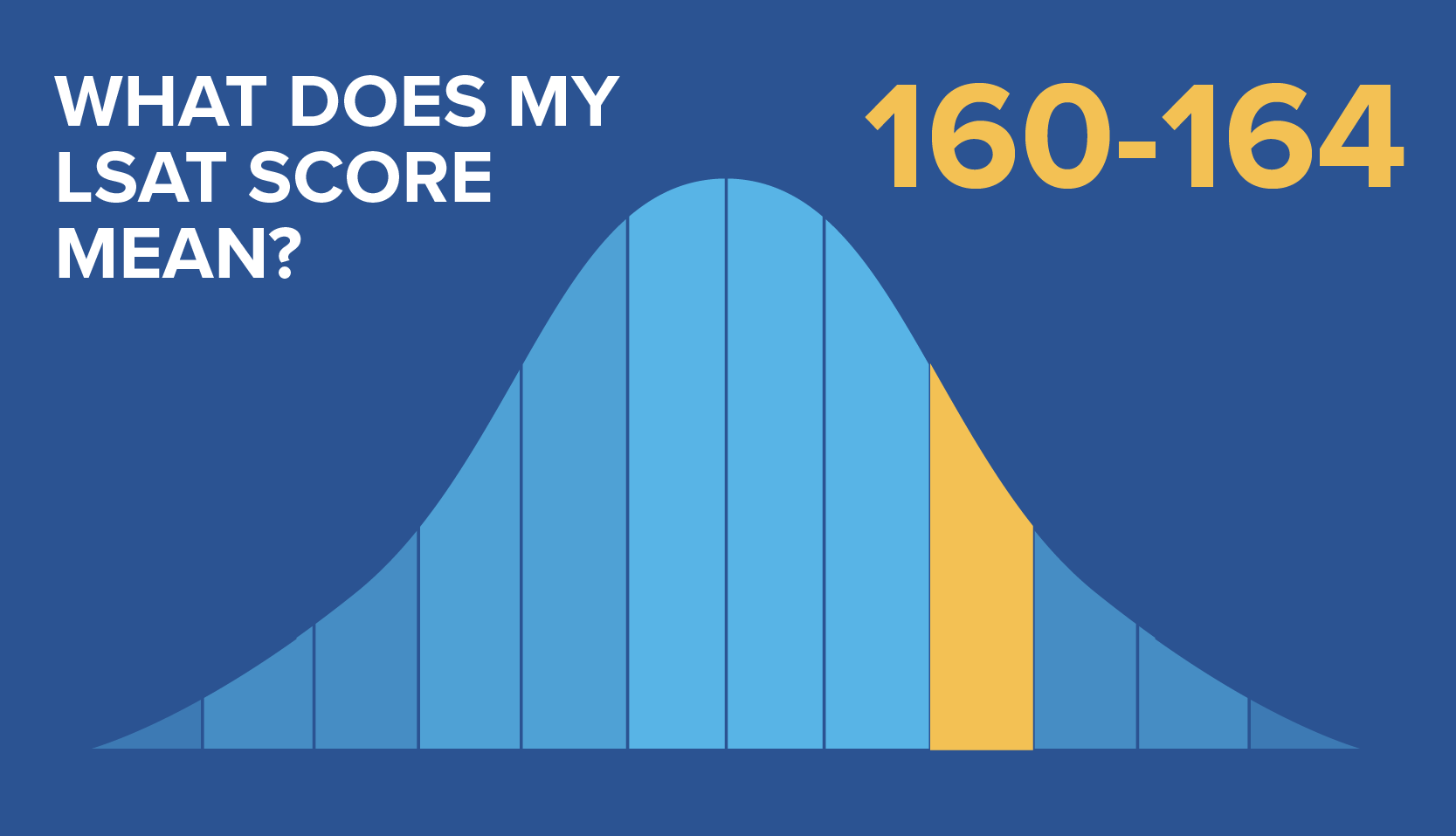
The night of February 26, 2012, 17-year-old Trayvon Martin was walking home from a convenience store with snacks. George Zimmerman, a neighborhood watch volunteer, thought Martin looked suspicious and began to follow him. A confrontation followed, which ended with Zimmerman shooting and killing Martin. The gun was Zimmerman’s; Martin was unarmed.
Those are the parts of the story that everyone agrees on, though obviously there are many blank spaces in there, and a lot of dispute over what happened in those blank spaces. But given that outline alone, it’s not hard to see why many have been outraged that Zimmerman was acquitted of all charges. How could that happen, when he was the one who started the whole thing, and he was the one with the gun?
The answer is complicated and involves everything from the police investigation following the shooting to racial politics in America. But since the jury trial just wrapped up, and was the ultimate arbiter of Zimmerman’s legal guilt or innocence, let’s focus on that. I’m not going to argue that the jury got it right, or that they got it wrong. Let’s look at what they had to deal with.
Zimmerman claimed that he shot Trayvon Martin in self-defense. A quick look around the Internet shows that some buy that claim entirely, and others not at all.
Perhaps surprisingly, the jury’s verdict doesn’t even necessarily mean that its members agreed with Zimmerman’s version of events. Florida law required the prosecution to prove beyond a reasonable doubt that Zimmerman was not acting in self-defense. According to the law, the jury didn’t have to believe Zimmerman to acquit him. The jurors just had to think there was at least some possibility that Zimmerman didn’t start the fight that ensued, even though Zimmerman was the one who followed and confronted Martin.
Florida law, in fact, has particularly strong self-defense protections, protecting those who claim self-defense not only from conviction but also from prosecution. All of this was to Zimmerman’s advantage.
Are these laws applied evenly? There’s some good evidence they’re not. If some roles were switched, might the outcome have been different? It’s entirely possible and believable.
But in the circumstances, given what the law asked them to do, don’t fault the jury. If they were unsure, they had to acquit. If there’s fault to be found, it’s more with the laws.
And finally, the jury verdict should not be taken as an affirmation of Zimmerman’s innocence or as a vindication of his actions. Four of the jurors (the ones who didn’t go on TV with Anderson Cooper) released a statement saying in part, “The death of a teenager weighed heavily on our hearts but in the end we did what the law required us to do.” Zimmerman’s acquittal doesn’t mean he’s blameless. It just means the jury couldn’t be convinced to find him guilty.
And if the jury did get it wrong, it’s far from the first questionable verdict to come out of Florida.




